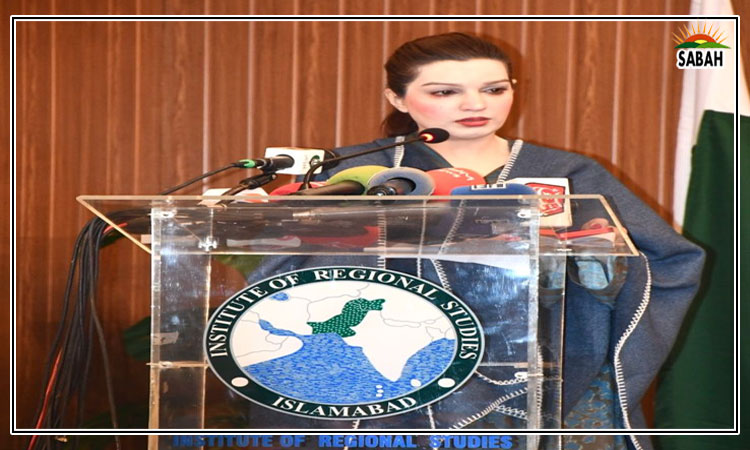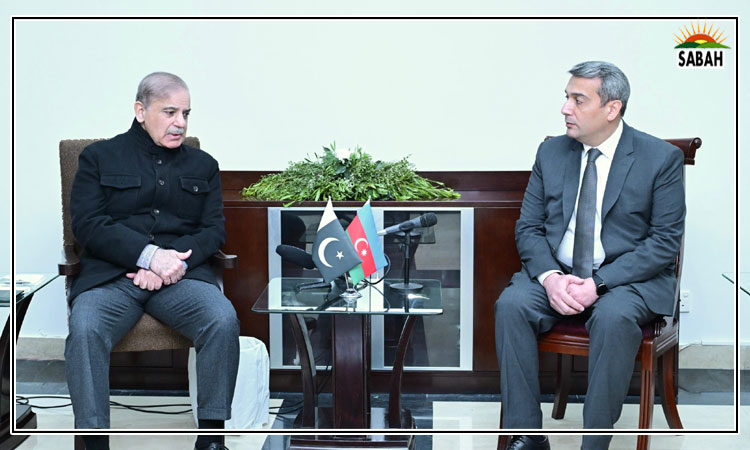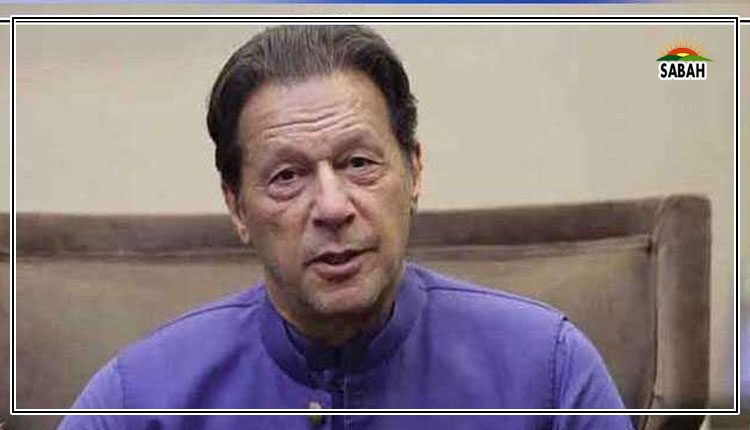Vagaries of climate change…Durdana Najam
The Earths atmosphere has a limit on the extent to which it can absorb heat. Heat or energy is proportionally divided into different greenhouse gases (GHG). These gases, water vapour, carbon dioxide, methane and nitrous oxide are essential for the earths balance. The excess proportion of GHG can result in cumulative damage to the infrastructure, health and quality of air and water we consume. Natures process of replenishing CO2 through photosynthesis, respiration, weather rocking and decomposition has been severely affected by the release of additional CO2 from fossil fuel burning, deforestation and land use changes, to name a few. The mismatch between the rate of CO2 emission from human activities and natures ability to process it has been the significant reason for the imbalance in the correct quantity of greenhouse gases. Carbon dioxide has been the worst affected gas. Once in the atmosphere, the carbon remains stored there for decades or centuries and thousands of years.
This article aims to look at the impact of climate change in the context of human behaviour. Things we consume, discard or discharge into our environment directly affect the health of the atmosphere that we live, inhale and depend on for survival. We have only three choices: mitigation, adaptation or suffering. Other than these remedial actions, we do not have the luxury of taking the clock back to when human beings started messing with nature in their zest for progress and development.
The climate is defined as long-term averages and variations in weather measured over multiple decades. The earths climate system includes the land surface, oceans, atmosphere and ice. Scientists have argued that the climate is changing and it is changing rapidly because of human activities. The impact of climate change is manifest in various weather conditions, such as an increase in the number of scorching days, less extreme cold days, more precipitation events, more floods and more droughts.
All these changes happen in almost every corner of our planet at different times. We humans emit around 50 billion tonnes of CO2 annually. A 40 per cent increase from the emissions in 1990, when we emitted 35 billion tonnes. Our irresponsible behaviour towards the earth since 1990 has resulted in the following physical impacts.
Climate change alters the geophysical, biological and socio-economic systems by exposing them to the impacts of weather changes. Some systems are more vulnerable to these changes than others. Their ability to cope with the impact of climate change depends on the degree of disaster or hazard. The unpredictable nature of climate change has made it more complicated and risky.
Not all socio-economic groups are vulnerable in the same measure to the impacts of climate change. This raises the question of equity. For instance, countries built on islands are more vulnerable to sea-level rise than other. Semi-arid regions are more vulnerable to drought and heat waves. The impact of vulnerabilities also manifests in the increased risk of contracting diseases, malnutrition and mass migration.
Risk is the function of exposure, vulnerability and hazard. Literature on climate change divides climate-related risk into two categories: Physical risks and transition risks. Physical risks are associated with changes in climate and weather with an impact on economies. Physical risks have two sub-categories: Acute physical hazards and chronic physical hazards. On the other hand, transition risks are about risks faced during the transition from fossil fuel to a low-carbon economy
In the World Economic Forums Global Risk Perception Survey 2023 report, the top six risks confronting our planet, over the short and long term, are related to climate change
Of all the risks of climate change, biodiversity loss is perhaps the biggest threat.
In ten years, as reported by the World Economic Forum Risk Report 2023, the deadly interpenetration of biodiversity loss, pollution, diminishing natural resources and climate change will make a devastating mix.
When almost half of the worlds economic output is dependent on nature, any collapse in the ecosystem will be detrimental to economic and societal well-being.
Risks from loss of biodiversity are: increased occurrence of zoonotic disease; decline in crop yields and nutritional values; increased water stress giving rise to violent conflict; loss of livelihood dependent on food systems and nature; erosion of pollination, water meadows and coastal mangroves; and deterioration of natural flood protection systems.
Climate-Related Disasters (CRD) leaves a trail of health issues for the survivors. Injuries and psychological illness are common ailments among CRD-affected people.
The WHO has acknowledged climate changes impact on health. Extreme heat has been responsible for deaths from cardiovascular and respiratory diseases. Heavy rainfall and floods, especially in underdeveloped and developing countries, increase malnutrition, the rate of infection and, in many cases, the incidence of cancers. The two evils of climate change concerning human health are air pollution and rising temperature.
Communicable diseases after floods, cyclones and droughts are equally common. The incidence of infectious diseases depends on the type of hazard and the availability of resources to the affected population. Daviz Simango, the Mayor of Beira, Mozambique, once said these words about flooding in his region: Every year a thousand people die here from cholera that is spread by flooding, and during the rainy season, many people are forced out from their homes.
Experts believe that even if we manage to keep the global warming limit to well below 2 degree Celsius as agreed by the United Nations in the Paris Agreement by 2030, climate changes impact would still threaten human societies and ecosystems.
Our only alternative is to spend on adaptation and building resilient infrastructure.
On the occasion of the Paris Accord in 2015, Kings Charles of Britain, then a Prince, in his opening remarks, explained the vagaries of climate change in these words: Humanity faces many threats but none is greater than climate change. In damaging our climate we are becoming the architects of our own destruction. We have the knowledge, the tools and the money (to solve the crisis).
Courtesy The Express Tribune












